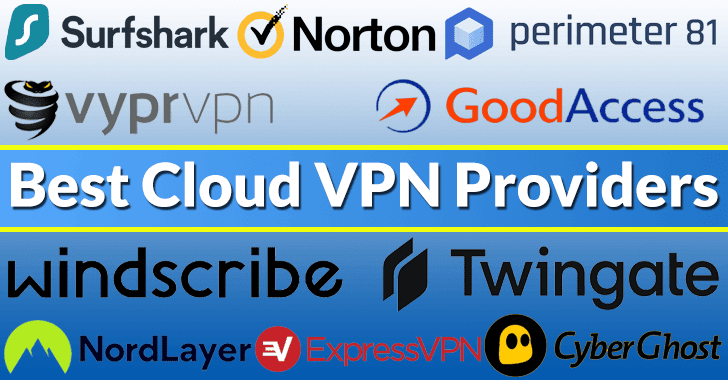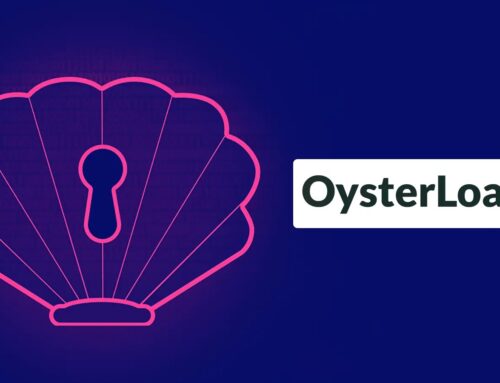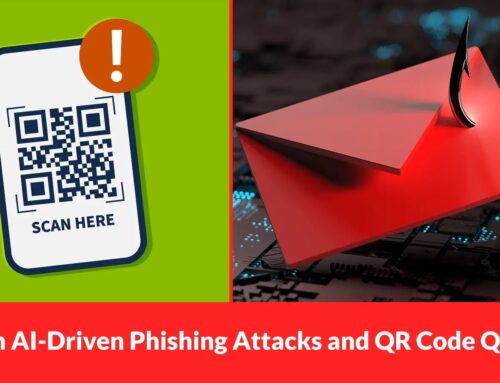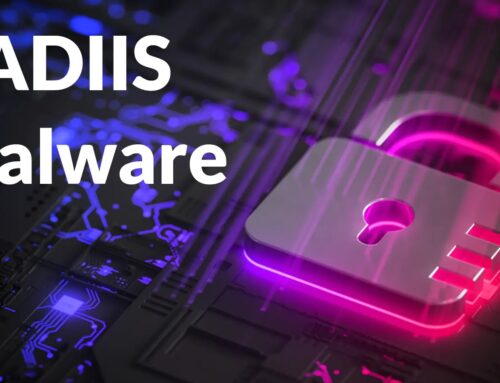
10 Best Cloud VPN Providers – 2025
Navigating the Cloud: Why a VPN is Non-Negotiable in 2025
As the digital landscape of 2025 continues its rapid transformation, dominated by remote workforces and distributed data, the traditional network perimeter has all but dissolved. Cyber threats are more sophisticated, and personal data more valuable than ever before. In this environment, a secure and private internet connection isn’t a luxury; it’s a fundamental requirement for both individuals and enterprises. This is precisely where a robust Cloud VPN steps in, offering a critical layer of protection and ensuring seamless, secure connectivity across geographical boundaries. Choosing the right provider is paramount to safeguarding sensitive information and maintaining operational integrity.
The Imperative of Cloud VPNs for Businesses and Individuals
Cloud VPNs extend the concept of a Virtual Private Network by leveraging cloud infrastructure, offering enhanced scalability, reliability, and global reach compared to traditional on-premise VPN solutions. For businesses, this translates to secure access for remote employees, protection of cloud applications, and compliance with data privacy regulations. For individuals, a Cloud VPN offers anonymity, secure browsing on public Wi-Fi, and circumvention of geo-restrictions.
- Enhanced Security: Encrypts internet traffic, protecting data from interception by malicious actors.
- Data Privacy: Masks IP addresses, preventing tracking and enhancing anonymity.
- Global Accessibility: Provides secure access to resources from anywhere in the world.
- Scalability: Easily scales to accommodate growing user bases or network demands.
- Cost-Effectiveness: Reduces the need for expensive on-premise hardware and maintenance.
Understanding Core Cloud VPN Features
When evaluating Cloud VPN providers, several key features are non-negotiable for ensuring optimal security and performance:
- Strong Encryption Protocols: Look for providers supporting industry-standard protocols like OpenVPN, IKEv2/IPsec, and WireGuard. These protocols ensure robust encryption and secure data transmission.
- No-Logs Policy: A strict no-logs policy means the provider does not record your online activities, ensuring your privacy. Independent audits verifying these claims are a significant plus.
- Global Server Network: A vast network of servers across various countries provides options for faster connections and access to geo-restricted content.
- Dedicated IP Addresses: For businesses, dedicated IP addresses offer consistent access to specific networks or resources and can help avoid CAPTCHA issues.
- Multi-Device Support: Compatibility across various operating systems (Windows, macOS, Linux, iOS, Android) and multiple simultaneous connections is crucial for comprehensive protection.
- Kill Switch: An essential security feature that automatically disconnects your internet if the VPN connection drops, preventing accidental data leaks.
- Split Tunneling: Allows users to route some traffic through the VPN while other traffic connects directly to the internet, optimizing bandwidth and granting flexibility.
Top 10 Cloud VPN Providers for 2025
While specific rankings can fluctuate based on ongoing developments, based on the prevailing trends and critical security features for 2025, the following providers stand out. It’s important to cross-reference with independent reviews and current service offerings.
Note: As a cybersecurity analyst, I focus on the technical merits, security posture, and reliability of these services. For real-time pricing and promotional offers, direct consultation with the providers’ websites is recommended.
1. ExpressVPN
Consistently lauded for its speed, security, and expansive server network. ExpressVPN employs AES-256 encryption and has audited no-logs policies. Their Lightway protocol offers excellent performance.
2. NordVPN
Known for its robust security features, including Double VPN, Onion over VPN, and CyberSec for ad/malware blocking. NordVPN also maintains a verified no-logs policy and offers a vast array of servers globally. Their NordLynx protocol (based on WireGuard) provides impressive speeds.
3. Surfshark
An excellent value proposition, offering unlimited simultaneous connections and a strong feature set similar to higher-priced rivals. Surfshark includes a CleanWeb ad-blocker and a Whitelister (split tunneling) feature. Their focus on user privacy and a strict no-logs policy are noteworthy.
4. ProtonVPN
Developed by the team behind ProtonMail, ProtonVPN prioritizes privacy and security with its secure core architecture, which routes traffic through multiple servers. It boasts open-source apps and independent security audits, making it a strong contender for privacy-conscious users.
5. CyberGhost
User-friendly and offering specialized servers for streaming and torrenting. CyberGhost provides 256-bit AES encryption, a kill switch, and strict no-logs policy. Its large server network supports extensive global access.
6. Private Internet Access (PIA)
Known for its advanced customization options and strong commitment to privacy. PIA has a proven no-logs policy, confirmed in court. It offers a wide range of encryption levels and a flexible set of features for technical users.
7. Torguard
Highly customizable and geared towards power users and businesses, Torguard offers dedicated IP addresses and robust encryption options. It’s particularly strong for torrenting and bypassing strict firewalls.
8. Mullvad VPN
A strong advocate for privacy, Mullvad requires no personal information for signup and relies on randomized account numbers. It uses OpenVPN and WireGuard protocols, focusing on security and transparency. Their no-logs policy is very strict.
9. IPVanish
Owns and operates its entire server network, reducing reliance on third parties. IPVanish offers strong encryption, a no-logs policy, and excellent speeds, making it a reliable choice for secure browsing and streaming.
10. PureVPN
Often lauded for its extensive server network and specific features for businesses, including dedicated IP addresses and DDoS protection. PureVPN has undergone independent audits of its no-logs policy, enhancing its credibility in the privacy domain.
Establishing Secure Connectivity: Remediation Actions and Best Practices
While choosing a top-tier Cloud VPN is foundational, user practices significantly influence overall security posture. Consider these remediation actions:
- Implement Multi-Factor Authentication (MFA): Always enable MFA on your VPN account and any associated services to prevent unauthorized access, even if credentials are compromised.
- Regular Software Updates: Keep your VPN client software, operating system, and all applications updated to patch known vulnerabilities. For instance, exploits like CVE-2023-38874 (affecting certain VPN clients) highlight the importance of timely patching.
- Verify VPN Status: Periodically check to ensure your VPN connection is active and stable before engaging in sensitive online activities.
- Understand Kill Switch Functionality: Confirm your VPN’s kill switch is active and understand how it behaves to prevent accidental IP leaks.
- Be Wary of Free VPNs: Free VPNs often come with hidden costs, such as data logging, limited bandwidth, and even malware. For critical security, a reputable paid service is essential.
- Strong Passwords: Use unique, complex passwords for your VPN service and any other online accounts.
The Future is Encrypted: Key Takeaways
The role of Cloud VPNs will only intensify as our digital lives become more interconnected and threats more sophisticated. For both organizations securing distributed teams and individuals protecting personal data, a high-quality Cloud VPN is a critical component of a robust cybersecurity strategy. The providers listed represent the forefront of security, speed, and reliability in the 2025 landscape. Evaluate your specific needs, prioritize features like strong encryption, a strict no-logs policy, and a wide server network, and commit to securing your digital footprint.





